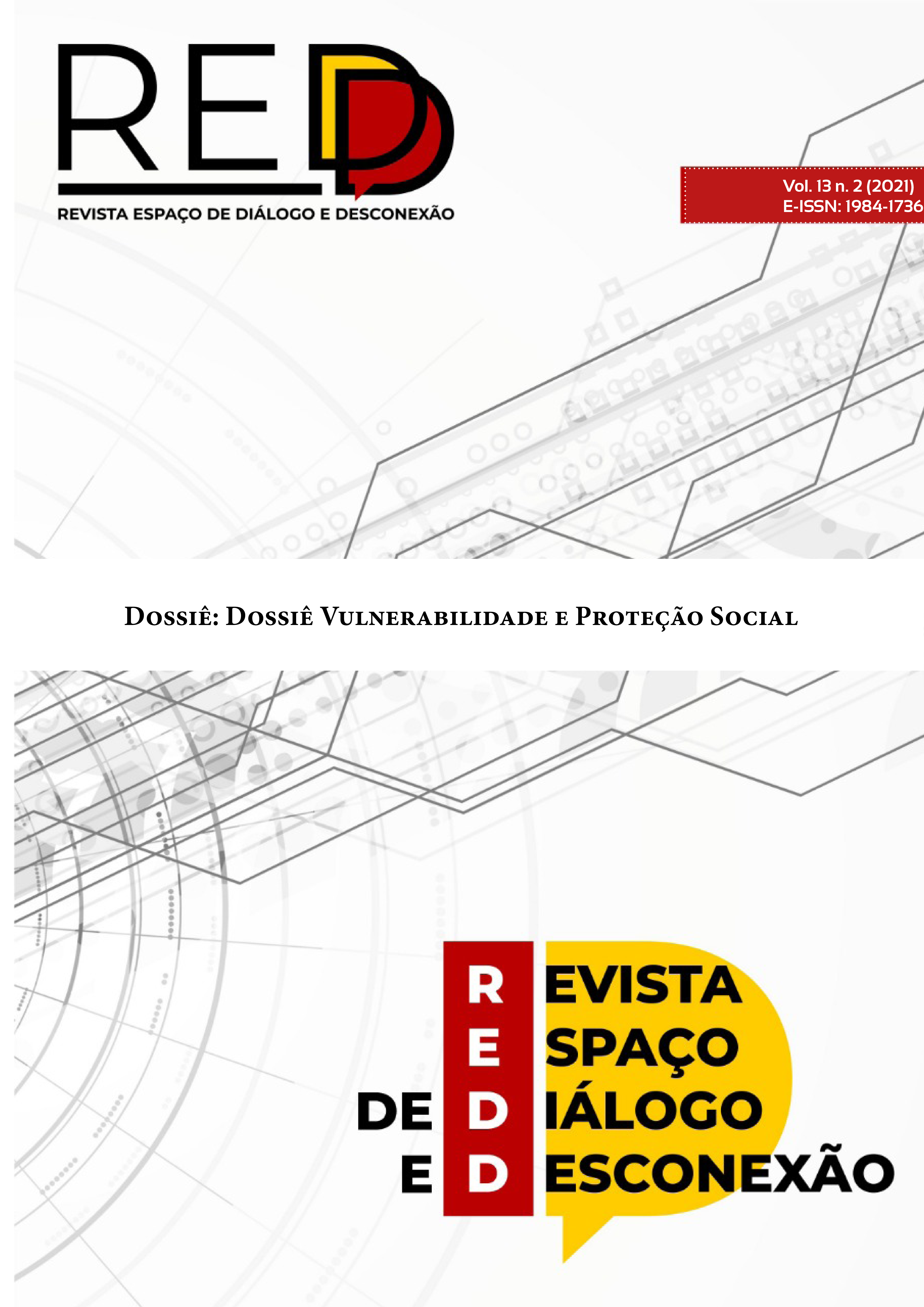SYNCHRONIZING SOCIO-CLIMATIC IMPACTS IN SPATIO-TEMPORAL ANALYSES OF DROUGHT VULNERABILITY: CHALLENGES AND PERSPECTIVES FOR DATA PRODUCTION
Synchronizing socio-climatic impacts in spatio-temporal analises of drought vulnerability: challenges and perspectives for data production
DOI:
https://doi.org/10.32760/1984-1736/REDD/2021.v13i2.15794Keywords:
methodology, digital tools, citizen science, participatory researchAbstract
Records have shown that the frequency of the occurrence of extreme climatic and weather events has increased in recent years. Climate change has contributed to this increase, and models project a very likely intensification of the frequency and magnitude of these events. Brazil is home to one of the most populous semi-arid regions on the planet, which historically faces periods of drought. In the wake of this, the research efforts focused on the analysis of drought risks and hazards of water scarcity are notable, as well as on the disclosure of vulnerability factors in the face of adverse events related to climate change. However, the collection of social, economic, and demographic data depends on census surveys that are sometimes not able to express the spatiotemporal and multilevel heterogeneity of vulnerability, as well as the speed of social, political, and cultural transitions influenced by extreme events that are increasingly frequent and intense. This article seeks to discuss the challenges for data production, especially those involving the human dimension of risks and vulnerabilities to drought, and to bring perspectives on emerging techniques for data production and collection that seek practical, economic, and scientific efficiency.
Downloads
Published
Issue
Section
License
Os manuscritos aceitos e publicados são de propriedade da REDD – Revista Espaço de Diálogo e Desconexão. É vedada a submissão integral ou parcial do manuscrito a qualquer outro periódico. A responsabilidade do conteúdo dos artigos é exclusiva dos autores. É vedada a tradução para outro idioma sem a autorização escrita do Editor ouvida a Comissão Editorial




